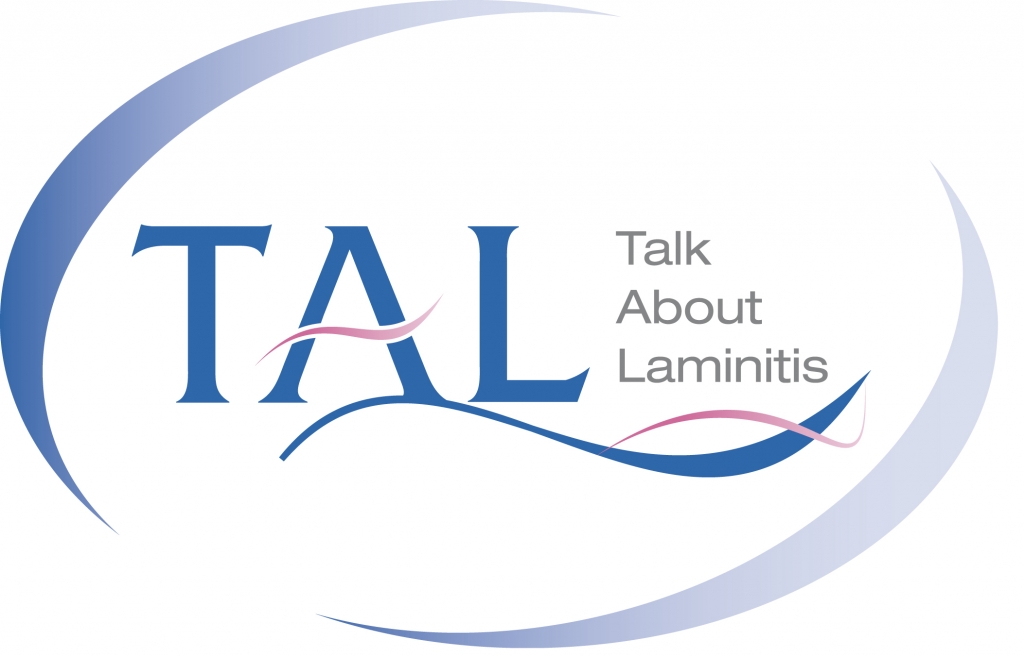
Horse Owners Struggling To Recognise Laminitis In Their Horses
Veterinary practices around the UK are being urged to raise awareness of the signs of laminitis amongst their horse owners.
This follows recent research1which revealed that nearly half (45%) of veterinary diagnosed laminitis cases were not recognised as the condition by their owners. Indeed, further studies2 have demonstrated that in geriatric horses assessed by veterinary surgeons, hoof abnormalities were found to be present in 80% of horses but were only identified by just over a quarter (27%) of owners. Lameness was present in half of horses, but only reported by just under a quarter (23%) of owners2.
The conclusion of a thorough literature review3 on owner recognition of clinical signs stated that ‘owners reported a much lower frequency of clinical signs or known diseases or disorders than were found on clinical examination’.
Talk About Laminitis
In order to support veterinary practices in raising awareness of the signs of laminitis, Boehringer Ingelheim, manufacturer of Prascend, is extending its ‘Talk About Laminitis’ disease awareness initiative to run throughout the year. The initiative, supported by Redwings Horse Sanctuary, The British Horse Society (BHS) and World Horse Welfare is now in its seventh consecutive year. As part of the campaign, the laboratory fees for the blood test which detects Cushing’s (the basal ACTH test) are free*. The company has also produced a very useful laminitis self-assessment checklist for owners, which they are providing to veterinary practices and also directly to owners via www.talkaboutlaminitis.co.uk. This checklist takes owners through the signs they may see in their horses and urges them to seek veterinary advice.
“The statistics from these research studies are very concerning. However, by working together and helping to educate horse owners, the awareness of laminitis and PPID will hopefully improve with these great resources,” comments Emmeline Hannelly, welfare education manager at The British Horse Society.
Redwings Horse Sanctuary's head of veterinary and care, Nicky Jarvis, says: "The Talk About Laminitis initiative has helped raise awareness of PPID and EMS for many years and we urge veterinary practices to continue to promote the signs of laminitis to their clients to highlight the condition and the free ACTH tests through the campaign.”
World Horse Welfare deputy chief executive, Tony Tyler, adds: “The Talk About Laminitis initiative has already helped identify many new cases of PPID and increased owner awareness of the condition, helping horse owners access vital support and treatment options for their horses, so we are pleased to support it once again.
“The research demonstrates how difficult it can be for owners to recognise the signs of laminitis which makes this initiative even more important. The veterinary sector has a key role to play in helping to drive awareness of this initiative and, in turn, PPID.”
For further information on Talk About Laminitis please visit www.talkaboutlaminitis.co.ukor contact your local Boehringer territory manager.
* Free laboratory test
References
- Pollard et al.(2017) Assessment of horse owners’ ability to recognise equine laminitis: A cross-sectional study of 93 veterinary diagnosed cases in Great Britain. Equine Veterinary Journal, 49(6), 759-766.
- Ireland et al.(2011) Comparison of owner-reported health problems with veterinary assessment of geriatric horses in the United Kingdom. Equine Veterinary Journal, 44(1), 94-100.
- McGowan C (2011). Welfare of Aged Horses. Animals, 1(4) 366-376.
More from Boehringer Ingelheim
- Boehringer Ingelheim receives FDA approval for SENVELGO® (velagliflozin oral solution): the first oral liquid medication for diabetes in cats
- Boehringer Ingelheim Animal Health launches new ProZinc webinar and toolkit
- NexGard Spectra ‘Yum and Done’ competition winner announced
- Boehringer Ingelheim launches Parassess - a “first-of-its-kind”, online, personalised dog parasite risk checker
- ABCD & Boehringer Ingelheim invite applications for the 2022 Young Scientist Award

 8 years ago
8 years ago  1941 views
1941 views
